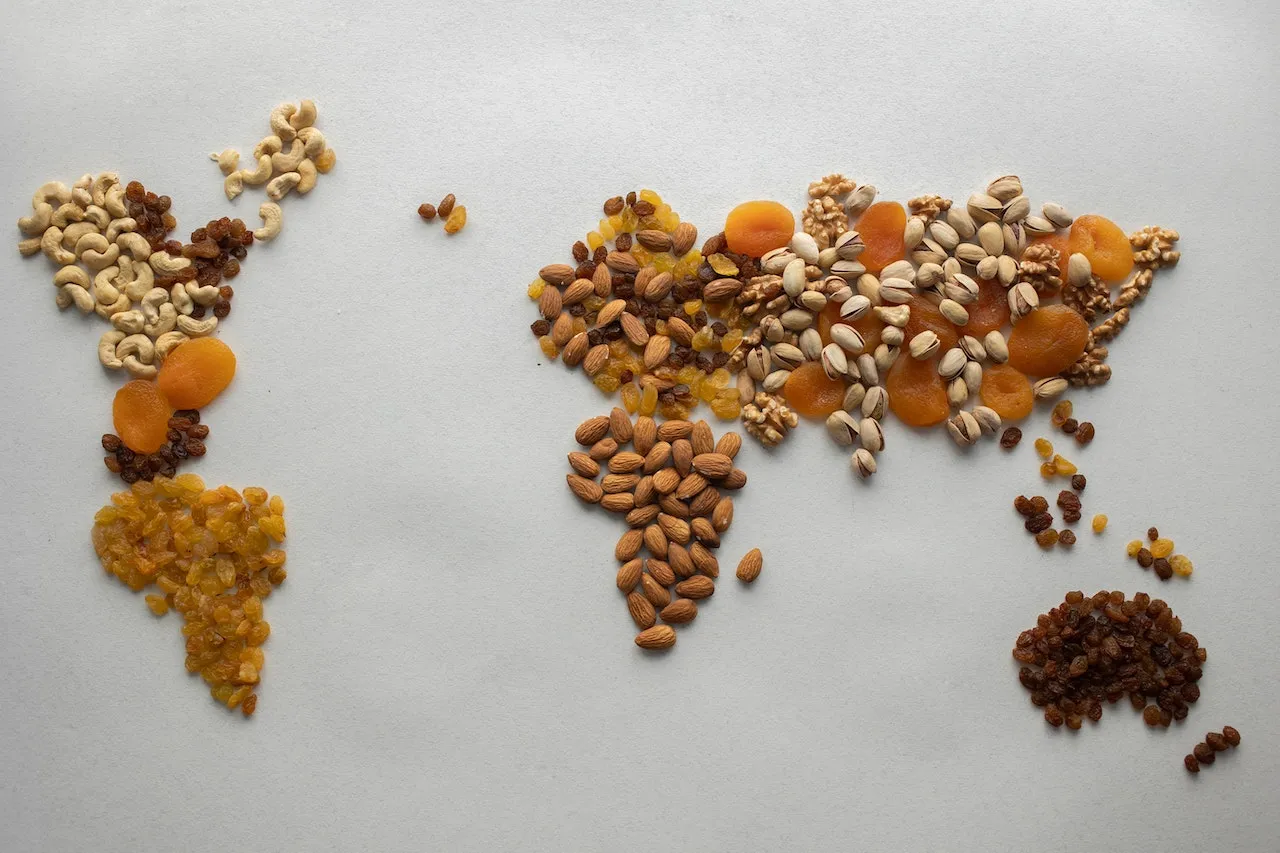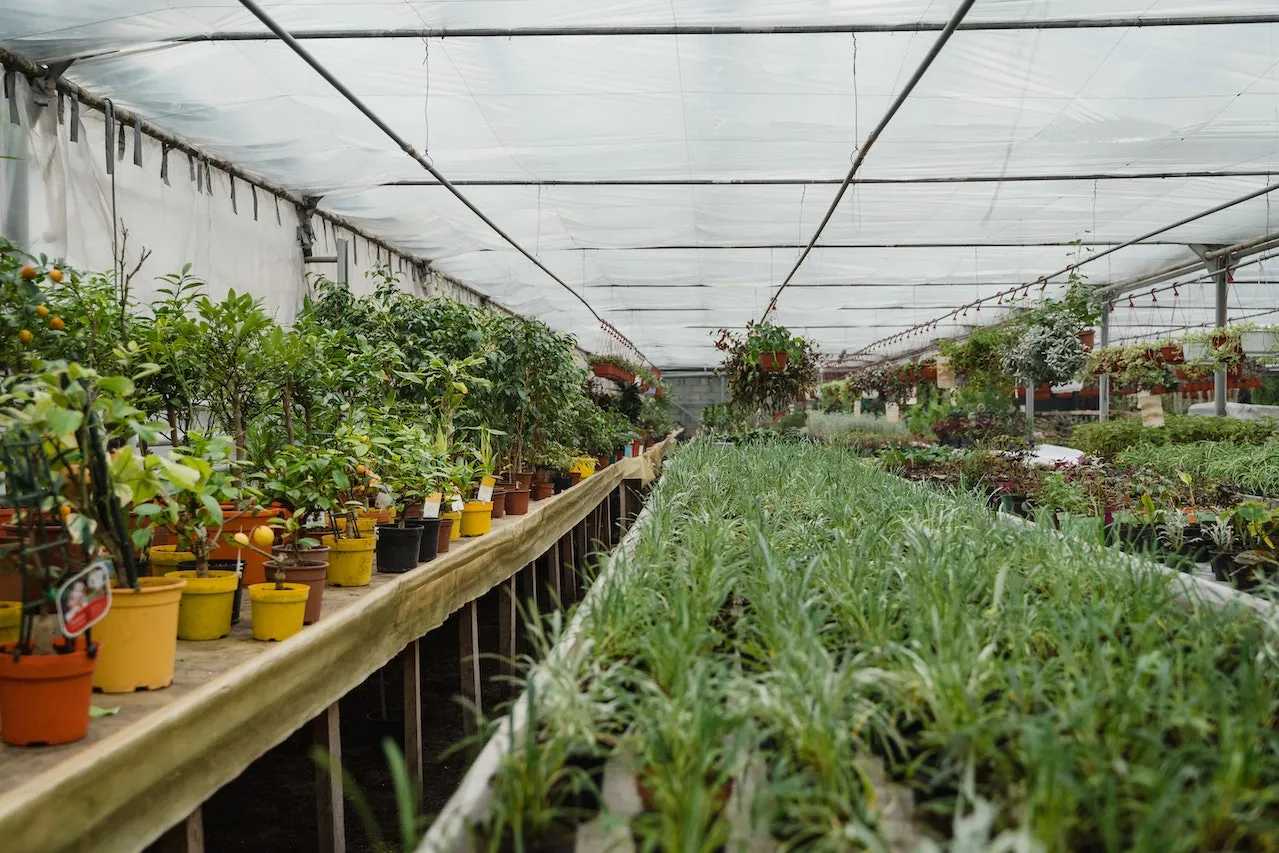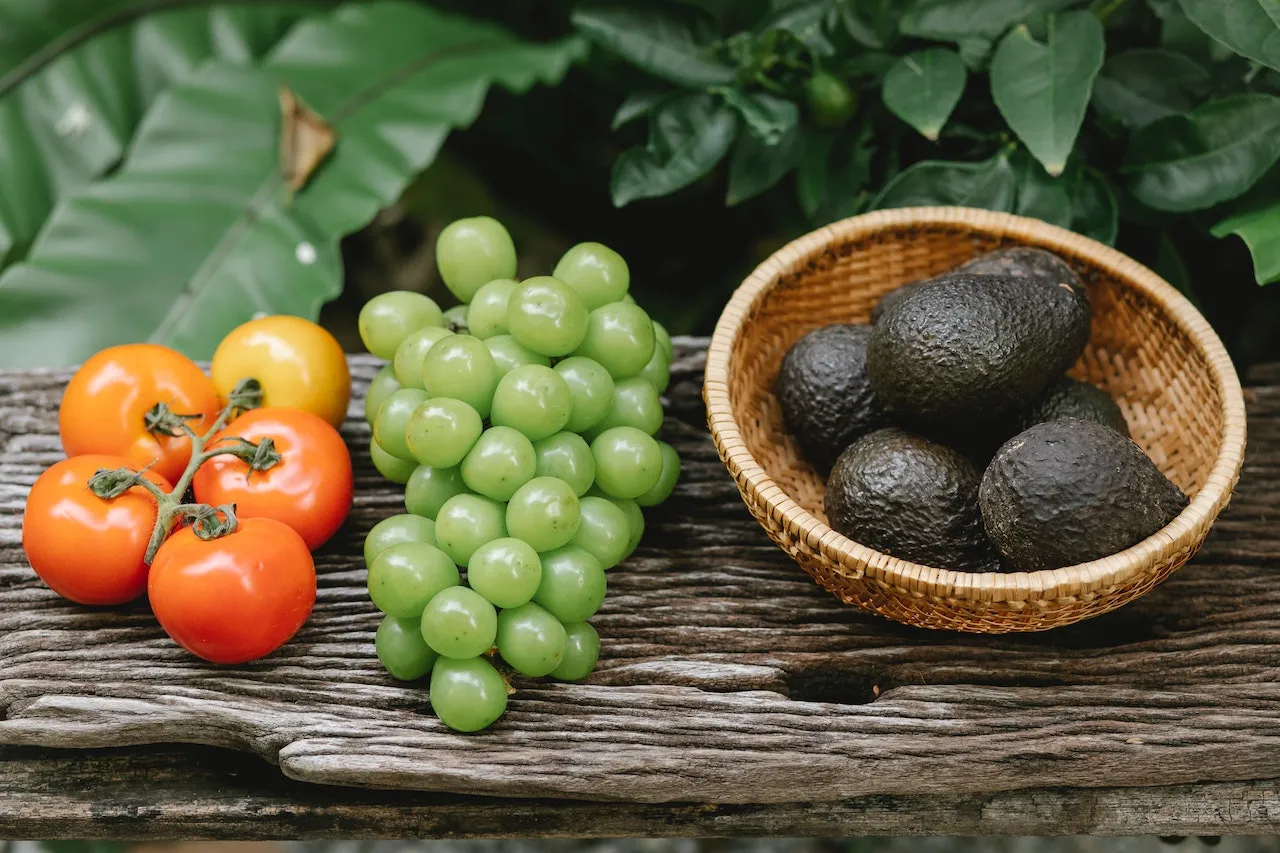Organic gardening is a type of gardening that primarily depends on using natural resources and practices rather than synthetic chemicals to expedite plant development and manage pests. With organic gardening Growing tasty, nutritious, and healthy fruits and vegetables naturally is possible. In this article, we will discuss what organic gardening is and how to grow an organic garden in different parts of the world.
What Is An Organic Garden?
An organic garden is one that is grown without artificial pesticides and fertilizers made out of synthetic chemicals. Organic gardening use natural products and practices’ to promote plant development and insect control. Among the fundamental ideas of organic gardening are:
Building healthy soil:
The goal of organic gardening is to create soil that is nutrient-rich and brimming with helpful microorganisms.
Companion planting:
Organic gardeners use companion planting to help reduce pests and promote plant growth. Companion planting is the practise of growing different types of plants adjacent to one another for mutual benefit.
Natural pest control:
Rather than utilising chemical pesticides, organic gardeners utilise natural pest management strategies including capturing pests and using predator insects.
Crop rotation:
Crop rotation is a technique used by organic gardeners to help reduce pests and illnesses.
Organic Gardens Around the World:
North America:
Organic gardening is gaining a lot of popularity in North America to reduce the usage of synthetic chemicals which have been used by farmers or gardeners to increase the productivity at the price of causing negative impact on the environment and human health. There are the leading two organic gardening organizations in the United States, (1) The Organic Farming Research Foundation and (2) the Organic Gardening Association. These two organizations help farmers or gardeners to create organic gardens provide equipment and information.
Europeans
Europeans have been practicing organic gardening for centuries with strategies such as companion planting and natural pest control being commonly used by many gardeners. Gardeners can receive assistance with creating an organic garden from organizations like the Soil Association in the UK which provides knowledge and resources. Stringent standards govern organic farming in the European Union.
Asia:
Due to burst in population which in turn creating demand for food, most country in Asia have been using the synthetic chemical to boost productivity from farm or garden. As per study, these artificial chemicals are causing more harm to environment and human health. So organic farming is an immediate solution to this man created problem. Hence, farmers or gardeners are more inclined to organic farming for betterment of environment and human health.
Africa:
A lot of people are coming forward in Africa to adopt Organic gardening or farming when they learned the harmful effects of synthetic chemicals on human health and environment. One of the popular organizations that supports organic farming practices in Kenya, is the Kenya Organic Agricultural Network.
Tips for Growing Organic Gardens
Growing an organic garden may be gratifying since it will provide you and your family access to fresh vegetables while also benefiting the environment. It’s crucial to start by picking a spot for your garden that receives lots of sunlight and has soil that drains properly. Choose plant kinds that are appropriate for the soil and climate where you live. To avoid using toxic chemicals, it’s crucial to employ organic fertilizers and pest control strategies like compost and companion planting. Pruning and watering your plants regularly can make them grow, and adding helpful bugs and pollinators to your garden will also make it healthier. You may reap the numerous advantages of a flourishing organic garden by following these suggestions.
Start with Healthy Soil:
Any good garden starts with healthy soil. It’s super essential to start with soil that is rich in organic matter because the soil in an organic garden serves as the primary source of nutrients for the plants. Compost and manure are examples of organic stuffs that helps the soil preserve its structure, improves porosity which in turn facilitates drainage, and provides nutrients to plants.
Start by determining the pH level and nutritional makeup of the soil if you want to develop robust soil. A soil testing kit is available from a local nursery or cooperative extension office. Once you are aware of these elements, you can alter the pH and nutrient makeup of the soil by adding organic materials like compost, manure, or leaf litter. You can do this by scattering these ingredients over the soil, then incorporating them with a garden fork or tiller.
Choose the Right Plants:
Growing a good organic garden depends on selecting the correct plants for it. Choose plants that are suitable for your soil type, climate, and growing conditions because not all plants flourish in all environments.
When making plant selections, opt for varieties that have a natural resistance to pests and diseases. Such plants will have a lower probability of requiring synthetic fungicides and pesticides, which could negatively impact helpful insects and soil microorganisms. Additionally, select plants that are well-suited for the growing conditions in your area, as this can improve their overall health and productivity, resulting in more fruitful yields.
Practice Companion Planting:
Companion planting is a practise that involves placing several plants close to one another in order to promote pest control and good growth.
While certain plants naturally repel pests, others attract beneficial insects that can help with pest control.
You may discourage pests by surrounding your garden with marigolds, and you can plant herbs like parsley and basil among your vegetables to attract beneficial insects like ladybirds and lacewings, which feed on pests like aphids.
Water Wisely:
For optimal plant growth, your garden must receive the right amount of water. Pest and disease problems must be taken into consideration while choosing plants, and effective watering methods are essential to reduce water waste and weed growth. Utilising a drip irrigation system or soaker hose is one efficient way to irrigate your yard.
These systems immediately hydrate the soil, reducing water waste and encouraging strong root development. Aside from that, watering your plants in the early morning or late at night might help lessen water evaporation and keep the soil moist for longer.
Control Weeds Naturally:
Weeds may quickly take over a garden, depriving your plants of nutrients and water. But it’s essential to use organic techniques to control weed growth rather than synthetic herbicides.
One of the most effective weed-control measures is the use of organic mulch, such as straw, leaves, or grass clippings. Mulch cools the soil and filters sunshine, preventing weed growth. Furthermore, manual weeding and hoeing are effective strategies for removing weeds from your garden.
Use Natural Pest Control Methods:
It’s crucial to manage pests in an organic garden without using synthetic pesticides that could endanger beneficial insects and soil organisms.
One of the best ways to get rid of pests is to encourage natural insect predators like ladybirds, lacewings, and praying mantises.
You can also use natural insect repellents like neem oil or garlic spray to keep bugs away. Additionally, keeping your garden tidy by removing any unhealthy plants and regularly picking up leaves and other debris can help prevent pest infestations.
Rotate Crops:
With the crop rotation strategy, you plant various crops in various spots in your garden each year. By doing this, you can stop the growth of pests and illnesses that impair the health of your plants by contaminating the soil.
For optimal crop health, it is recommended that you partition your garden into distinct areas and alternate the types of plants grown in each section to prevent planting crops of the same plant family in the same location for a minimum of two years. If you grew tomatoes in one area of your garden this year, for instance, grow them in a different area the following year.
Compost:
Composting is the process of converting organic waste, such as kitchen leftovers and yard trimmings, into nutrient-rich compost that may be applied to garden soil.
Create a compost pile or bin in a shaded spot of your yard to begin composting. Include household scraps like eggshells, coffee grounds, and fruit and vegetable peelings, as well as yard garbage like leaves, grass clippings, and pruned branches. Thoroughly blend the components and ensure the mixture is regularly hydrated with water to maintain appropriate temperature and moisture levels. Over time, the organic blend will decompose into a nutrient-dense compost that is suitable for supplementing garden soil.
Use Organic Fertilizers:
Organic fertilizers are made from natural materials such as compost, manure, and bone meal, and they provide sustenance to your plants without the use of artificial chemicals. Slow-release organic fertilisers gradually release nutrients over time, boosting healthy plant growth and avoiding the risk of nutrient burn.
To avoid overfertilizing your plants, use organic fertilisers in moderation and according to the label’s guidelines. Synthetic fertilisers should be avoided as well because they kill beneficial soil organisms and leach into groundwater.
Be Patient:
An organic garden ultimately requires persistence and patience. Compared to plants cultivated using synthetic pesticides, some plants may grow more slowly and yield less fruits and vegetables. On the other hand, Organic gardening, provides long-term benefits that make it advantageous, such as healthier soil, healthier plants, and a healthier ecosystem.
An organic garden takes careful planning, diligent work, and a dedication to use all-natural products and methods to promote healthy plant growth. You may build a productive organic garden that produces fresh, healthful vegetables and promotes a healthy ecology by using the advice in this article. Start with healthy soil, pick appropriate plants, practise companion planting, conserve water, naturally manage weeds and pests, rotate your crops, use compost and organic fertilisers, and be patient.
Conclusion:
Growing tasty, nutritious, and healthy fruits and vegetables naturally is possible with organic gardening. Organic gardeners may create beautiful gardens by cultivating good soil, using companion planting, organic pest management measures, and crop rotation. There are materials available to help you develop an organic garden no matter where you live—in North America, Europe, Asia, or Africa.
FAQs
Q: What exactly is organic gardening?
A: Compost, cover crops, and helpful insects are natural sources of nutrition and pest control for plant which organic gardeners are using. Organic gardening encourages biodiversity and healthy soil, resulting in improved plant development and harvests. It’s a way to connect with nature while also producing fresh, healthful vegetables with minimal environmental effect. Organic agriculture decreases the danger of pollution to the environment, water, and food supply by eliminating toxic chemicals. Overall, organic gardening is a holistic and ecologically conscientious approach to plant cultivation that benefits both the gardener and the environment.
Q: What advantages can organic growing techniques offer?
A: Growing food organically encourages healthier soil, cleaner air, and purer water. Additionally, it creates food devoid of dangerous chemicals and GMOs.
Q: What standard methods of organic farming are there?
A: Crop rotation, companion planting, organic pest management, and composting are a few common methods utilised in organic farming.
Q: What is crop rotation?
A: Growing various crops in the same place in a deliberate order is known as crop rotation. It keeps soil fertile and aids in preventing illnesses and pests that are spread through the soil.
Q: What is companion planting?
A: The practice of growing several plants that get along well together is known as companion planting. For instance, growing marigolds close to tomatoes can help keep pests away.
Q: What exactly is organic pest control?
A: Natural pest management comprises using organic pest-control methods, such as planting plants that repel insects or introducing natural predators.
Q: How does composting work?
A: Composting is the process of decomposing organic materials, such as food scraps and yard trash, to produce nutrient-rich soil for gardening.
Q: What difficulties do organic gardeners face?
A: The necessity for more frequent weeding and pest management, as well as the possibility of poorer yields than with conventional gardening, are some difficulties with organic farming.
Q:How do organic gardening practises vary across the globe?
A: Because climates, soil types, and cultural practises vary across the globe, different organic gardening strategies may be used. For instance, drip irrigation might be more popular in dry climates.
Q: What are some pointers for organic farming success?
A:Using high-quality soil, following correct crop rotation, and routinely checking for pests and diseases are some suggestions for effective organic gardening. Additionally, it’s crucial to choose plants that will thrive in your region’s environment and to persevere with your efforts while remaining patient.
#OrganicGardening #GreenLiving


